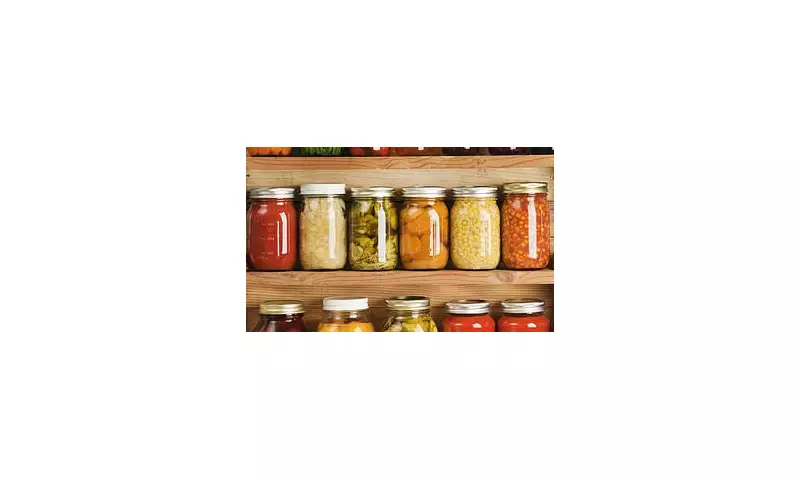
In what could be a game-changer for digestive health, a prominent gut specialist has revealed that incorporating five simple fermented foods into your diet could dramatically lower your risk of developing bowel cancer.
With bowel cancer remaining one of the most common cancers in the UK, affecting thousands annually, this dietary advice offers an accessible preventative approach that anyone can implement at home.
The Power of Your Gut Microbiome
The science behind this recommendation centres on the gut microbiome - the complex community of microorganisms living in our digestive systems. A healthy, balanced gut flora has been shown to play a crucial role in reducing inflammation and supporting immune function, both key factors in cancer prevention.
'The connection between gut health and cancer prevention is stronger than many people realise,' explains the gut health expert. 'Fermented foods introduce beneficial bacteria that can transform your digestive environment.'
Five Fermented Superstars for Cancer Prevention
- Kefir - This tangy fermented milk drink contains up to 30 different strains of probiotics, making it one of the most potent fermented foods available.
- Sauerkraut - Beyond being a simple fermented cabbage, quality homemade sauerkraut delivers live probiotics and cancer-fighting compounds.
- Kimchi - The Korean staple combines fermented vegetables with spices that contain their own anti-inflammatory properties.
- Kombucha - This fermented tea has gained popularity for good reason, offering both probiotics and antioxidant benefits.
- Live Yogurt - When made with active cultures, yogurt remains one of the most accessible fermented foods for gut health.
Why Fermentation Makes the Difference
The fermentation process does more than just preserve food - it creates beneficial enzymes, B vitamins, and various strains of probiotics that commercial processing often destroys. These elements work together to create an environment in your gut that's hostile to cancer development.
'The beauty of these foods is that they're not expensive or difficult to make at home,' the doctor notes. 'Even small, regular portions can make a significant difference to your long-term health.'
Making Prevention Practical
For those new to fermented foods, the expert recommends starting slowly with small portions and gradually increasing intake. Home fermentation requires basic equipment and careful hygiene but can become an enjoyable weekly ritual.
With bowel cancer rates remaining concerningly high in the UK, this simple dietary intervention could represent one of the most accessible forms of cancer prevention available to the general public.





